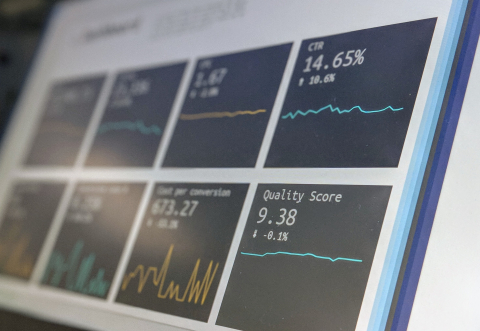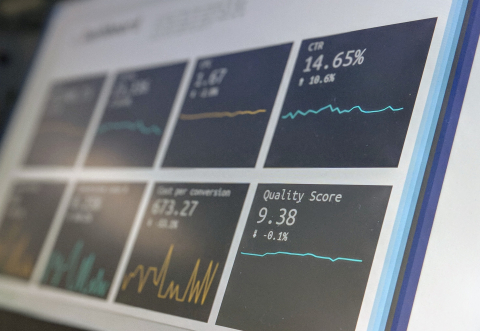Our associations are committed to supporting the transition to a more sustainable economy and
to tackling climate change that we consider a priority. We strongly support the EU objective of
transforming Europe into the first climate-neutral continent in the world by 2050 and are ready
to contribute as representatives of the financial sector.
Data
In the modern economy, data is increasingly becoming a strategic asset. This is particularly true for the asset management industry, where data forms the backbone of the daily activities and internal processes necessary to guarantee best practices in portfolio management.
Asset managers are major users of a variety of data, including market data, index data and, increasingly, ESG data. EFAMA advocates for, and seeks to support members’ access to, high-quality, standardised and comparable data at a fair price. EFAMA also encourages the creation of a well-structured, reasonably priced consolidated tape fed by all trading venues and systematic internalisers for all financial instruments.
Joint industry letter - Call for a centralized register for ESG data in the EU
Joint Statement on Market Data Costs
Reasonable Market Data Costs Benefits the Real Economy
The fundamental function of a trading venue is to match buyers and sellers of securities at a price that balances supply and demand through transparent rules and processes. The sale of market data is a related but separate by-product of that primary function.
EFAMA’s response to ESMA’s CP on data costs and consolidated tape
Key recommendations for fair benchmark data costs - EFAMA/ICSA Global Memo on Benchmark Data Costs
EFAMA (European Fund of Asset Management Associations) and ICSA (International Council of Securities Association) published today a Global Memo on Benchmark Data Costs, identifying the main challenges arising from the increased use of benchmark data over recent decades and the imposition of increasingly complex and ove
European single access point for data? EFAMA’s 6 key recommendations
The European Fund and Asset Management Association (EFAMA) has published its response to the European Commission's consultation on the establishment of a European Single Access Point (ESAP) for financial and non-financial information publicly disclosed by companies.
Monthly Statistics December 2020 | UCITS and AIF ended 2020 with record net sales in December
The European Fund and Asset Management Association (EFAMA) has published its Investment Fund Industry Fact Sheet for December together with an overview of the net sales data for UCITS and AIFs in 2020.
Thomas Tilley, Senior Economist, commented on the December figures: “Net sales of UCITS and AIFs surged to an absolute record in December 2020, as investor confidence in a successful exit from the Covid-19 crisis continued to strengthen.”
The main developments in December are as follows:
Global Memo on Market Data Costs
In a report released today, the International Council of Securities Associations (ICSA), the European Fund and Asset Management Association (EFAMA), and the Managed Funds Association (MFA) call for the implementation of internationally recognized principles to address excessively high market data fees and unfair licensing provisions.
Annual Review June 2019-June 2020
"It gives me great pleasure to provide you with an overview of our activities since our Annual General Meeting in Paris last year. While we were very much looking forward to hosting you all in Brussels this week, the current crisis and associated travel restrictions has forced us to improvise and turn our meeting into a virtual AGM.
EFAMA Market Insights | Issue #1 | Net outflows from UCITS in March 2020 - Industry weathers Covid-19 crisis
The Covid-19 pandemic significantly impacted financial markets. Stock markets across the world suffered a steep decline driven by lower economic growth and corporate profits. As anticipated, the crisis caused substantial net outflows from UCITS in March (EUR 313 billion). However, as a percentage of net assets, these outflows were no higher than in October 2008, at the height of the global financial crisis (2.9%).
































